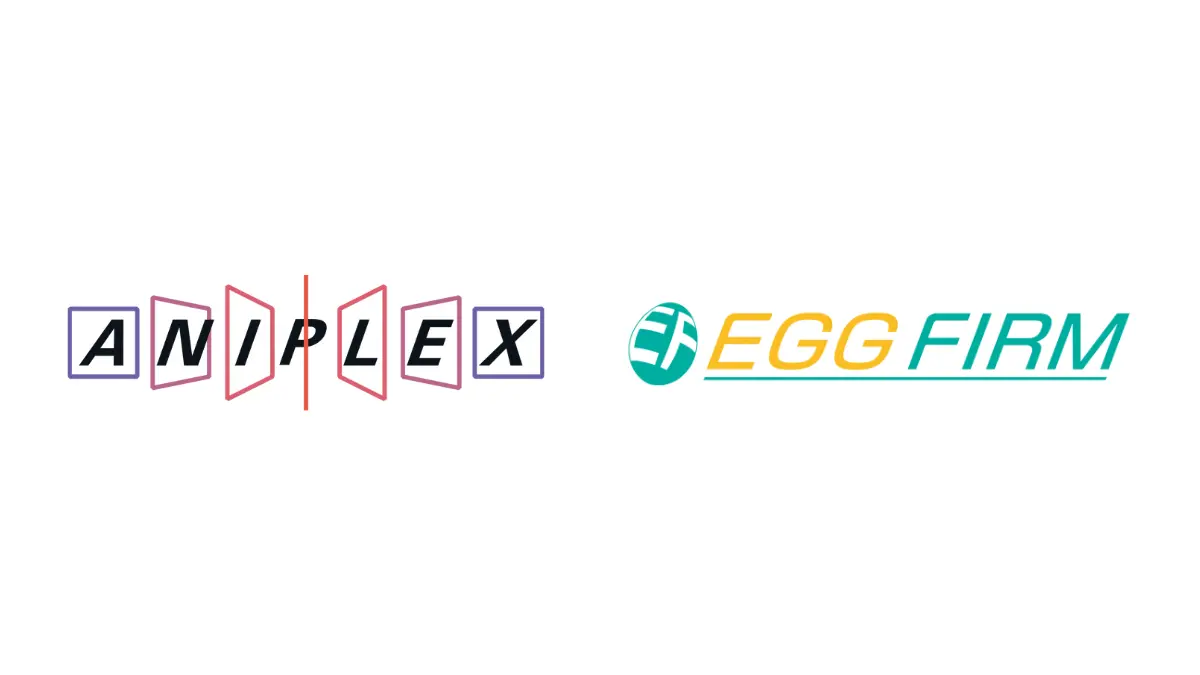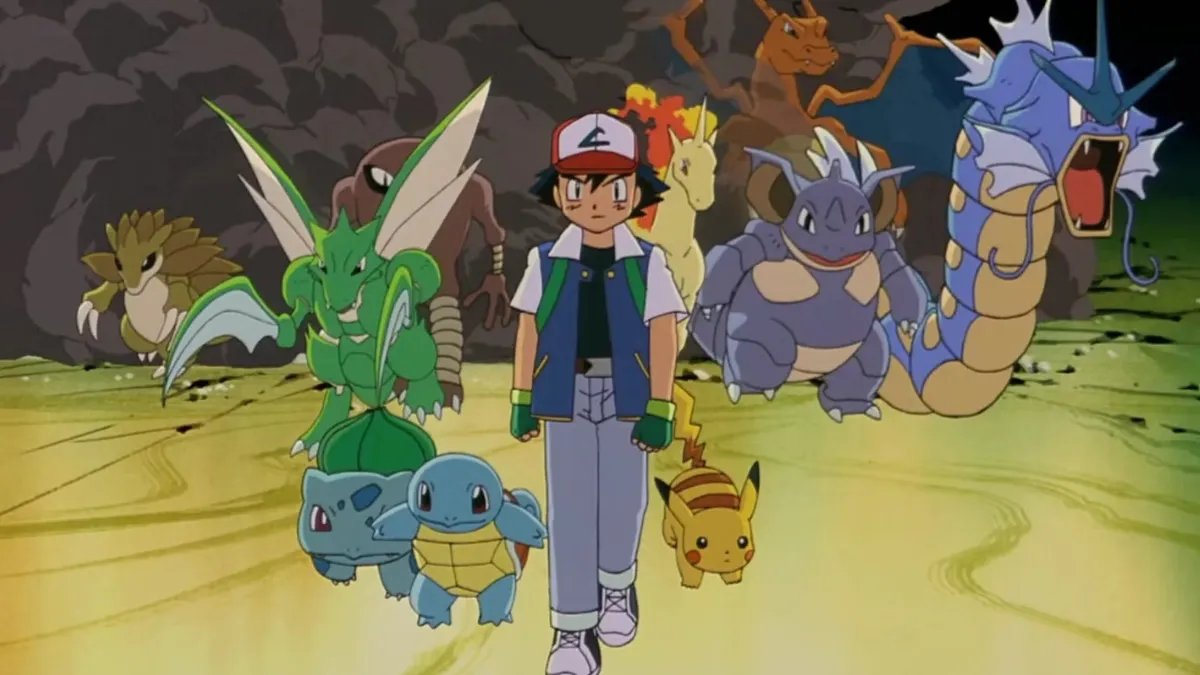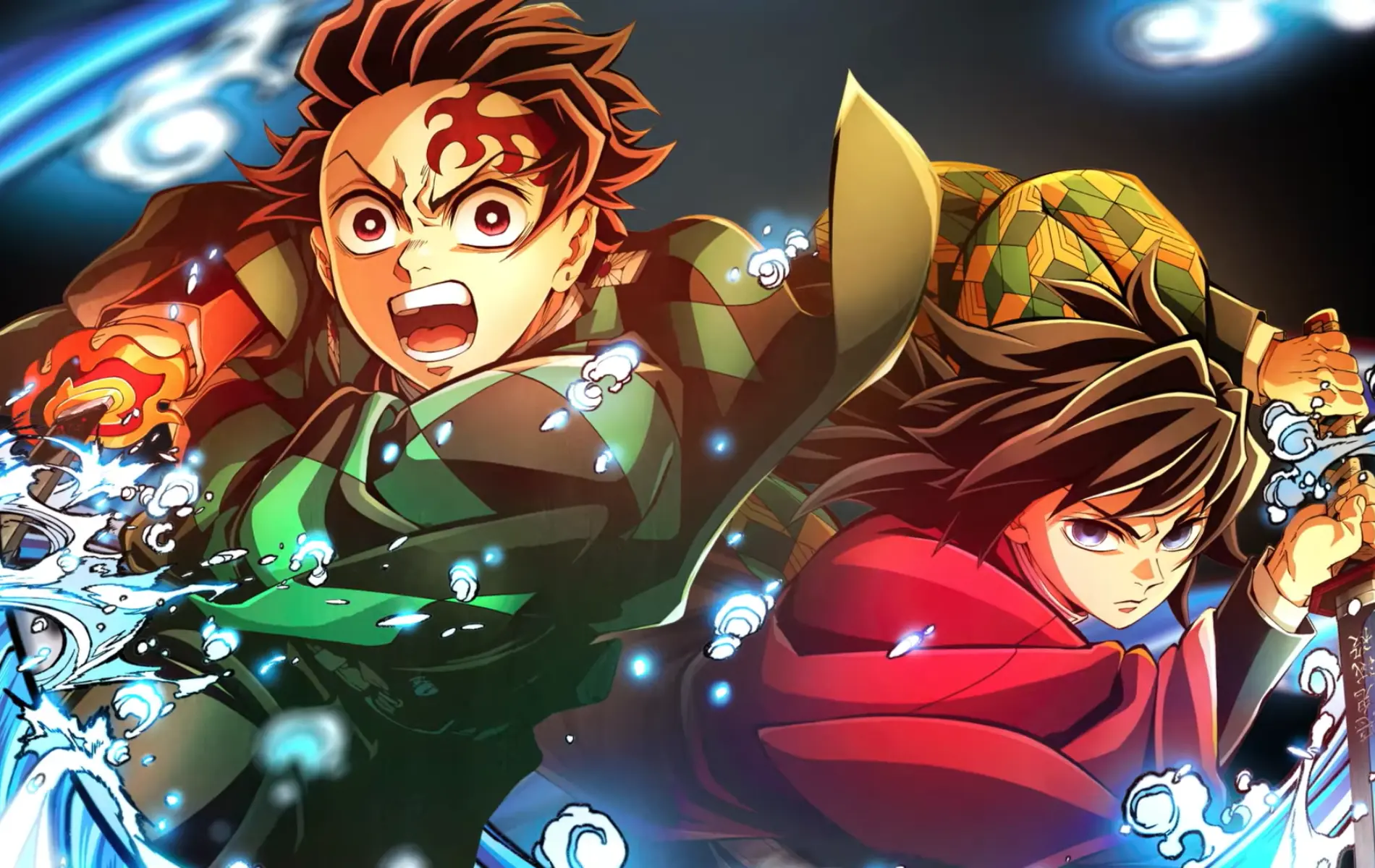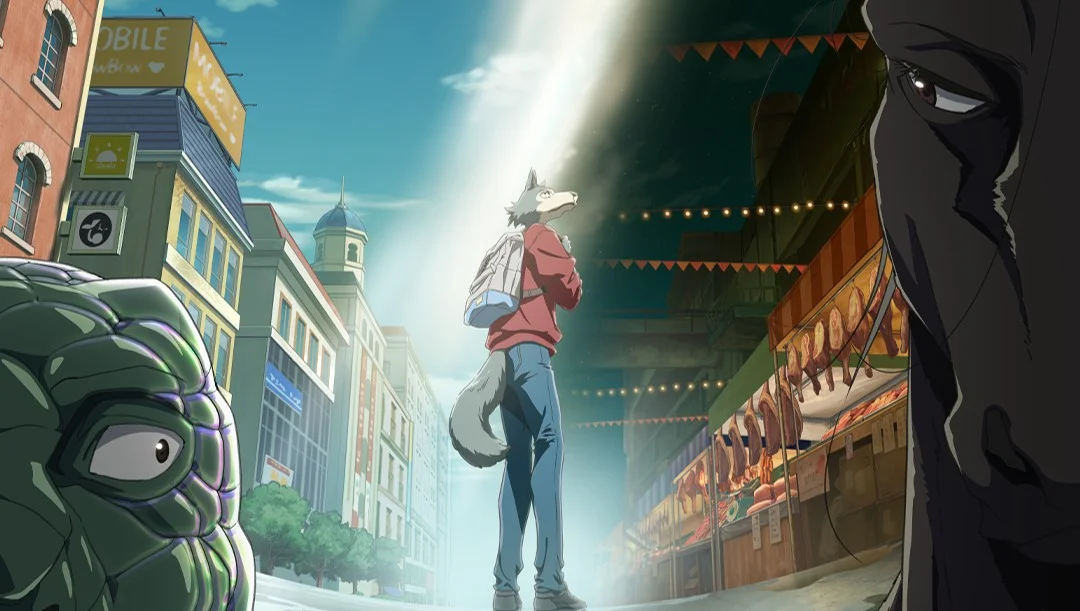The Japanese Film Festival Online (JFFO) is back this year with an amazing lineup of Japanese Films and TV Dramas for the indian audience, Hosted by the Japan Foundation, from 05 June to 03 July 2024 this month-long event features 23 films and two TV drama series, all available with subtitles in up to 16 languages, the audience enjoy this cinema celebration on the JFF+ website for free.
Otaku Mantra had the opportunity to interview Aoi Ishimaru the Director of Arts and Cultural Exchange from The Japan Foundation New Delhi. The interview focuses on the festival’s goals, vision, film selection process, and audience engagement. The director shares insights on the vision behind JFF online, major highlights of the festival this year, engagement with the audiences and their recommendation for everyone attending the festival. We also asked a few questions that were submitted to us by various anime communities accross India such as Nagpur Anime Club, Banaras Anime Club, and Barak Valley Anime Community.

Director, Arts and Cultural Exchange
The Japan Foundation, New Delhi
Otaku Mantra Team: What are the goals and vision for JFF online this year?
Japan Foundation: It is not specific to this year but, in general, the vision of JFF online is to make Japanese movies available to as many people as possible, across countries and continents. Since the audience will be able to watch these movies from anywhere at any time, JFF online is friendly for even those who have busy schedules and aren’t able to attend on-ground events. This is our goal and vision.
Otaku Mantra Team: How does the JFF online edition differ from the offline edition, and what are the major benefits of this format?
Japan Foundation: JFF Online differs from the offline edition in the way it reaches a wider audience, which is, I think, one of the major benefits of this format. While Japan Foundation makes earnest efforts to regularly screen Japanese films in our main office at New Delhi, and we have organised quite a few offline film festivals in other cities as well; these events are accessible only to those who are in those few cities. We want Japanese films and TV dramas to be within the reach of anyone who is interested in them, so JFF Online is one of our biggest and important events. We hope that those whom we are not able to reach offline, will be able to experience the joy of Japanese movies through this online film festival.
Otaku Mantra Team: As a key member of the JFF team, what is your favourite part about organising this festival?
Japan Foundation: It is very simple, just the fact that anyone can watch whichever movie they want, whenever they want is, for me, the best part of JFFO.
Otaku Mantra Team: How do you perceive India as an audience for Japanese films and dramas?
Japan Foundation: India has always had a robust film and drama culture as we can see from the booming Bollywood industry. South Indian films also dare to rival mainstream media in terms of their viewership and stories. Not to mention, almost every language community in India has their own movie habits. Undoubtedly, India loves movies! In recent years, we have also seen a rising interest in Japanese anime and films among the youth, and independent companies have taken the initiative of screening Japanese media in their own theatres! We want to respond to the fervour of film enthusiasts in India by sharing our own favourite films and TV dramas, so that India and Japan can continue to grow our friendship through shared cultural interests.
Otaku Mantra Team: How do you choose the films and dramas for JFF online?
Japan Foundation: The movie and drama lineup are prepared at the Japan Foundation headquarters, and then only distributed to the teams across the associated countries. Since I was am not a part of the selection committee, I can’t give much detail about the process. But if I were to speak on behalf of head office, the idea behind the lineup prepared is to keep a diverse collection. For JFF Online, we try to challenge popular tastes, as we have done with the inclusion of the four horror films, which were the winning productions of the Japan Horror Film Competition. For the on-ground festivals, the selection criteria tends to be a bit more specific, since we want to appeal to as many people as possible. But with JFF Online we have the luxury to include more movies, so we try to be a bit more experimental, and include films for all ages, all niches, and keep something for everyone.
Otaku Mantra Team: What challenges are generally faced when selecting films for the festival?
Japan Foundation: These days with OTT platforms taking over as the main source of entertainment, people can easily watch movies of different countries. The main challenge of JFFO is then to find the hidden gems of Japanese cinema that are not available on platforms like Amazon Prime or Netflix. We want to share even those movies that aren’t available in this form but are still worth the watch. This is the challenge, but one could also say it is one of the main goals of JFF Online.
Otaku Mantra Team: According to you how does JFFO impact Indian Audience?
Japan Foundation: I think this question would be better answered by the audience themselves. But from our side, of course, we hope that JFFO encourages an interest in Japanese culture and movies. Recently, independent theatres have started screening Japanese films for their audiences of their own accord. Not to mention, Japanese films have started releasing in India. We hope our work has been able to hone such initiatives and encourage the film enthusiasts of India.
Otaku Mantra Team: How does audience engagement differ between the offline and online editions?
Japan Foundation: If we were to specifically look at the offline versus online film festivals, a lot of people might argue that offline events are more interesting. This is inevitable since when we organise offline events, people get to find a community for their interests and also take part in the other programs which are organised as part of the festival, such as cosplay performances. So we see people dressing up and attending with their friends, and they also encounter new people and build new relationships. All these are unique to our offline events.
Our online events, on the other hand offer other experiences such as being able to watch a wide variety of movies easily at any time. Online events also reach more people, as they are available to everyone across the country, and are compatible with whatever schedule one might have. As such we are able to foster the interests of even those who have an interest in Japanese culture but do not live in the select cities that we are able to visit. Film lovers also do give us hearty feedback about the lineup, and the films they want included for future events. We take all this into account so that everyone can enjoy even our online festivals.
I would say there is no dearth(shortage) of interest and enthusiasm in either type of event; Indian audiences have always responded eagerly to our programs, and we are happy to make opportunities for people to enjoy Japanese culture wherever they are.
Otaku Mantra Team: What are the major highlights of the festival this year?
Japan Foundation: One of the major highlights of JFF Online this year is that for the first time, we will be including 2 TV dramas in our lineup. In previous events, we have only been able to include movies in our screening, but this year in addition to the 23 films, we also have 2 TV dramas in their entirety available for streaming!
We are also excited to premiere the 4K digital remake of JUNGLE EMPEROR LEO aka KIMBA THE WHITE LION, which is a classic Japanese anime movie based on the manga written by one of the most renowned Japanese animators, Osamu Tezuka.
Otaku Mantra Team: What recommendations would you give to people watching the film festival?
Japan Foundation: I would recommend the movie “The Lines That Define Me”. This movie is adapted from a bestselling Japanese novel of the same name and tells the story of a heartbroken young man who discovers the rehabilitative power of art. The cast is quite good; I like it. But this film stands out for me because the director Koizumi Nori-san visited India back in the 2018 edition of JFF and attended the Delhi events. So, this movie is a special one for me.
Otaku Mantra Team: How can Indian audiences use the JFF+ streaming website apart from attending JFFO?
Japan Foundation: The JFF website is quite attractive for film lovers. Of course, it is the official streaming platform for JFF Online, but throughout the year it also serves as the main medium for updates and interesting articles on the movie culture in Japan as well as other JFF events that may be coming up. The website also regularly posts exclusive interviews with renowned movie personalities in Japan which make for an interesting read. Readers can also participate in the discussions as their comments section is open to all and you can talk to anyone from anywhere in the world.
I would recommend movie buffs subscribe to their newsletter to stay up to date with all the JFF events, news and topical discussions.
Otaku Mantra Team: What were the most memorable moments from the previous editions of JFF held in India?
Japan Foundation: For me, the 2019 edition of JFF was the most memorable because we were able to invite the director Makoto Shinkai-san and premiere his film “Weathering With You”. It is because of the screening at that festival that the film able to be released all over India, so for us this was a BIG win. I like to think it is the most successful story of JFF in India.
Otaku Mantra Team: Many manga works are adapted as live-action films. Will these works be showcased in future editions of JFF?
Japan Foundation: Manga adaptations are a popular genre in cinema, so they have been included in the lineup this year. We have movies like “BL Metamorphosis”, which is a heartwarming story about the friendship between a teenager and an elderly woman. We also have “My Broken Mariko”, yet another beloved adaptation, about a woman who reflects on her life as she mourns the death of her long-time friend. Though not a live-action film, we will also be premiering the 4K digital remake of the anime classic JUNGLE EMPEROR LEO aka KIMBA THE WHITE LION this year, which is an exciting venture for JFF.
This year’s lineup also includes a variety of book adaptations, such as “The Lines That Define Me”, “ANIME SUPREMACY!”, “KIBA: The Fangs of Fiction”, “WE’RE BROKE, MY LORD!” and “TWENTY-FOUR EYES”. We hope to include an even longer and varied list of movies for future JFF events!
Otaku Mantra Team: If aliens visited Earth and you had to show them one Japanese film to explain Japanese culture, which film would you pick and why?
Japan Foundation: I would choose to show them “Spirited Away”. Since Japan is the leading producer of anime in the world, I want to show an anime. “Spirited Away” also has a lot of cultural aspects; for example, the setting of the film which is in a public bath. Since we Japanese love public baths and it is a unique part of our culture, I want to introduce this to the aliens. There are also a lot of gods and spirits mentioned in the movie as well, which is key to Japanese tradition. Thus, I feel “Spirited Away” captures the essence of Japan and is a good movie for the aliens to enjoy.
Otaku Mantra Team: What are your future plans for JFF in India? Are there any exciting developments?
Japan Foundation: It would be great if we could visit more cities which we haven’t before. As for me and my team, we are also keen on collaborating more with other film festivals, which is something we have hardly done before.
Otaku Mantra Team: What message would you like to give to the Indian audience regarding JFFO?
Japan Foundation: Let’s overcome this summer heat with JFF Online at home.






One Response
Yall going big! Keep working!